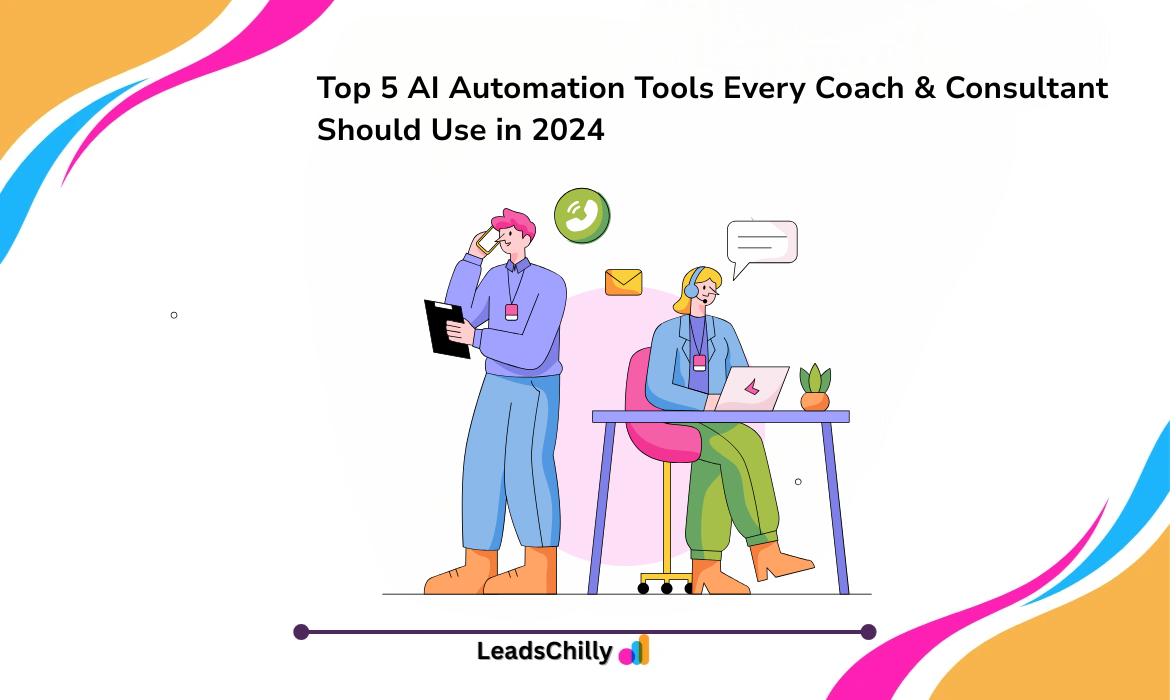In the fast-paced world of healthcare, effective communication is paramount. It not only enhances the patient-provider relationship but also significantly improves health outcomes. With the rise of technology, healthcare communication has transformed, making it more accessible and efficient than ever before.
Technology is ubiquitous, with 91.8% of the U.S. population using the internet and 85% owning a smartphone. This digital shift has changed how patients consume health information and highlighted the crucial role of communication in healthcare. Online access to health information, telehealth services, and various digital communication tools have become essential in modern healthcare practices.
Understanding the importance of effective communication can lead to better patient education, trust, and adherence to medical advice, ultimately resulting in improved health outcomes. This article explores the various types of communication in healthcare and how they can be leveraged to enhance the overall patient experience.
Why Is Effective Communication in Healthcare Important?
Effective communication in healthcare is crucial for several reasons. Firstly, it significantly impacts the patient-provider relationship. Clear communication ensures that patients are well-informed about their health conditions, treatment options, and care plans. This knowledge empowers patients to take an active role in managing their health, leading to more proactive and informed decision-making.
Secondly, effective communication helps in building trust between patients and healthcare providers. When patients feel heard and understood, they are more likely to trust their healthcare providers and follow their recommendations. This trust is essential for fostering a positive healthcare experience and ensuring patient adherence to prescribed treatments.
Moreover, effective communication can lead to improved health outcomes. When patients clearly understand their health conditions and the necessary steps for treatment, they are more likely to comply with medical advice. This compliance can reduce the frequency of patient visits, lower healthcare costs, and ultimately result in better health outcomes.
Additionally, the increased use of technology in healthcare has made effective communication even more important. With the rise of digital health information, telehealth services, and online patient portals, healthcare providers must be adept at using these tools to communicate effectively with patients. Proper communication can help mitigate the spread of health misinformation, which can otherwise lead to poor health decisions.
Types of Effective Communication in Healthcare
Patient Portals
Patient portals have become a vital tool in modern healthcare, offering secure online access to personal health information. These portals provide several benefits, including:
- Access to Health Information: Patients can view their medical records, lab results, and clinical summaries. This access empowers patients to stay informed about their health status and treatment plans.
- Educational Resources: Portals often include educational materials tailored to patients’ specific health needs. This information can help patients better understand their conditions and the steps they need to take for optimal health.
- Clinical Summaries: Patients receive detailed summaries of their appointments, test results, and treatment recommendations. These summaries provide a clear and concise overview of their healthcare journey.
Email Communication
Email communication has emerged as a time-saving and efficient tool for healthcare providers. Some of its key benefits include:
- Quick Responses: Email allows healthcare providers to quickly address patient queries, providing timely information and reassurance.
- Medication Requests: Patients can easily request medication refills or address prescription concerns via email, reducing the need for phone calls or in-person visits.
- Appointment Reminders: Email can be used to send appointment reminders, ensuring patients stay on track with their healthcare schedules.
Text Messaging
Text messaging is a powerful tool for immediate and effective patient communication. Its benefits include:
- Immediate Updates: Providers can quickly inform patients about appointment changes, delays, or other important information.
- Prescription Reminders: Text reminders help ensure patients remember to take their medications or refill prescriptions on time.
- Security Measures: Text messaging can enhance security through two-factor authentication, protecting sensitive patient information.
Social Media
Social media platforms offer healthcare providers a cost-effective way to reach a broad audience. They can be used for:
- Information Dissemination: Providers can share health information, updates, and educational content with a wide audience.
- Public Engagement: Social media allows providers to engage with the public, answer questions, and address concerns in real-time.
- Event Promotion: Healthcare facilities can use social media to promote health-related events, workshops, and community programs.
Apps and Websites
Healthcare providers use apps and websites to engage and educate patients in various ways:
- Educational Content: Websites offer a wealth of health information, articles, and videos that patients can access at any time.
- Interactive Features: Apps can provide reminders for healthy behaviors, such as exercise or medication adherence, and offer live chat support for immediate assistance.
- Support Forums: Online forums allow patients to connect with others facing similar health challenges, providing peer support and shared experiences.
Benefits of Effective Communication Tools
Effective communication tools in healthcare offer numerous benefits:
- Patient Engagement: Engaging communication tools enhance patient satisfaction and involvement in their own care. When patients feel informed and involved, they are more likely to adhere to treatment plans and maintain regular healthcare visits.
- Improved Coordination: Effective communication tools facilitate better coordination among healthcare providers, ensuring that all members of the healthcare team are on the same page regarding a patient’s care plan. This coordination can lead to more comprehensive and effective treatment.
- Mitigation of Misinformation: By providing accurate and timely health information, effective communication tools help combat health misinformation. This ensures that patients make informed decisions based on reliable information.
- Support for Public Health Initiatives: Communication tools can be used to disseminate important public health information, such as vaccination campaigns, health screenings, and preventive care guidelines. This broad dissemination can improve public health outcomes on a larger scale.
How to Improve Communication Strategies in Healthcare
Improving communication strategies in healthcare involves several key steps:
- Leverage Technology: Healthcare providers should embrace advanced communication tools, such as telehealth platforms, patient portals, and mobile apps, to streamline communication and enhance patient engagement.
- Training and Education: Healthcare professionals should receive training in effective communication skills, including active listening, empathy, and clear articulation of medical information.
- Patient Feedback: Encouraging feedback from patients can provide valuable insights into areas where communication can be improved. This feedback can be used to refine communication strategies and address patient concerns.
- Clear Protocols: Developing and implementing clear communication protocols ensures that all healthcare team members follow consistent communication practices. These protocols should cover various communication channels, including face-to-face interactions, phone calls, emails, and digital platforms.
Conclusion
Effective communication in healthcare is vital for building trust, improving patient outcomes, and reducing costs. By leveraging technology and improving communication strategies, healthcare providers can enhance the overall patient experience. Embracing these methods will lead to a more efficient and patient-centered healthcare system.
Effective communication is not just a nice-to-have; it is a necessity for delivering high-quality healthcare. By understanding and implementing effective communication strategies, healthcare providers can ensure that patients receive the best possible care, leading to better health outcomes and a more positive healthcare experience.
Note: Explore our latest blogs for in-depth insights on related topics:Domestic Violence Cases, Domestic Violence Section IPC, Punishment for Domestic Violence, Section 18 Domestic Violence Act, Section 23 of Domestic Violence Act, Domestic Violence Complaint, Domestic Violence Act Punishment
Frequently Asked Questions
Q1. What are the benefits of effective communication in healthcare?
Ans: Effective communication improves patient trust, education, adherence to medical advice, and overall health outcomes.
Q2. How do patient portals improve healthcare communication?
Ans: Patient portals provide secure access to health information, educational resources, and clinical summaries, enhancing patient engagement.
Q3. Why is email communication beneficial in healthcare?
Ans: Emailing allows for quick responses, efficient handling of medication requests, and better time management for healthcare providers.
Q4. How can social media be used in healthcare communication?
Ans: Social media platforms can disseminate health information, address public concerns, and promote health-related events to a wide audience.
Q5. What role do apps and websites play in healthcare communication?
Ans: Apps and websites provide educational content, interactive features, and real-time support, helping to engage and educate patients.



Comments are closed.